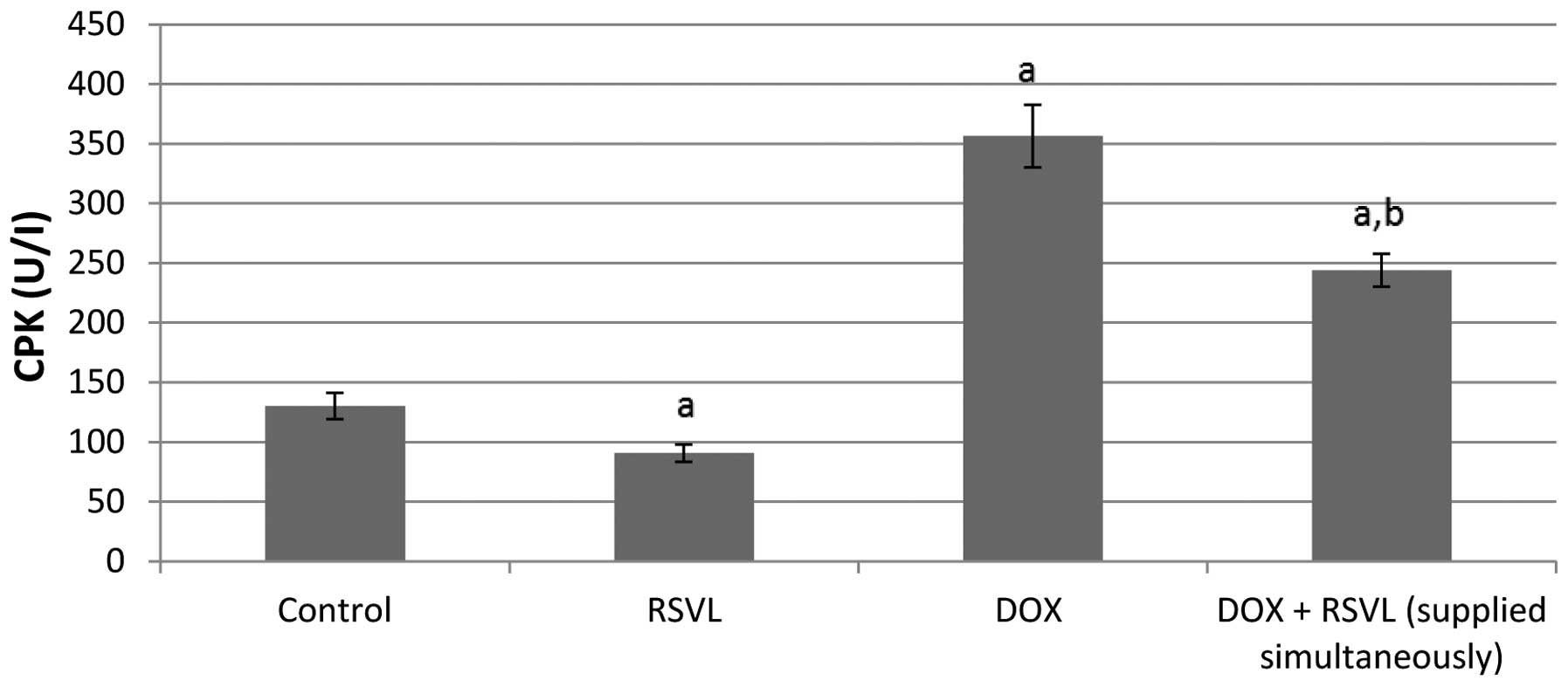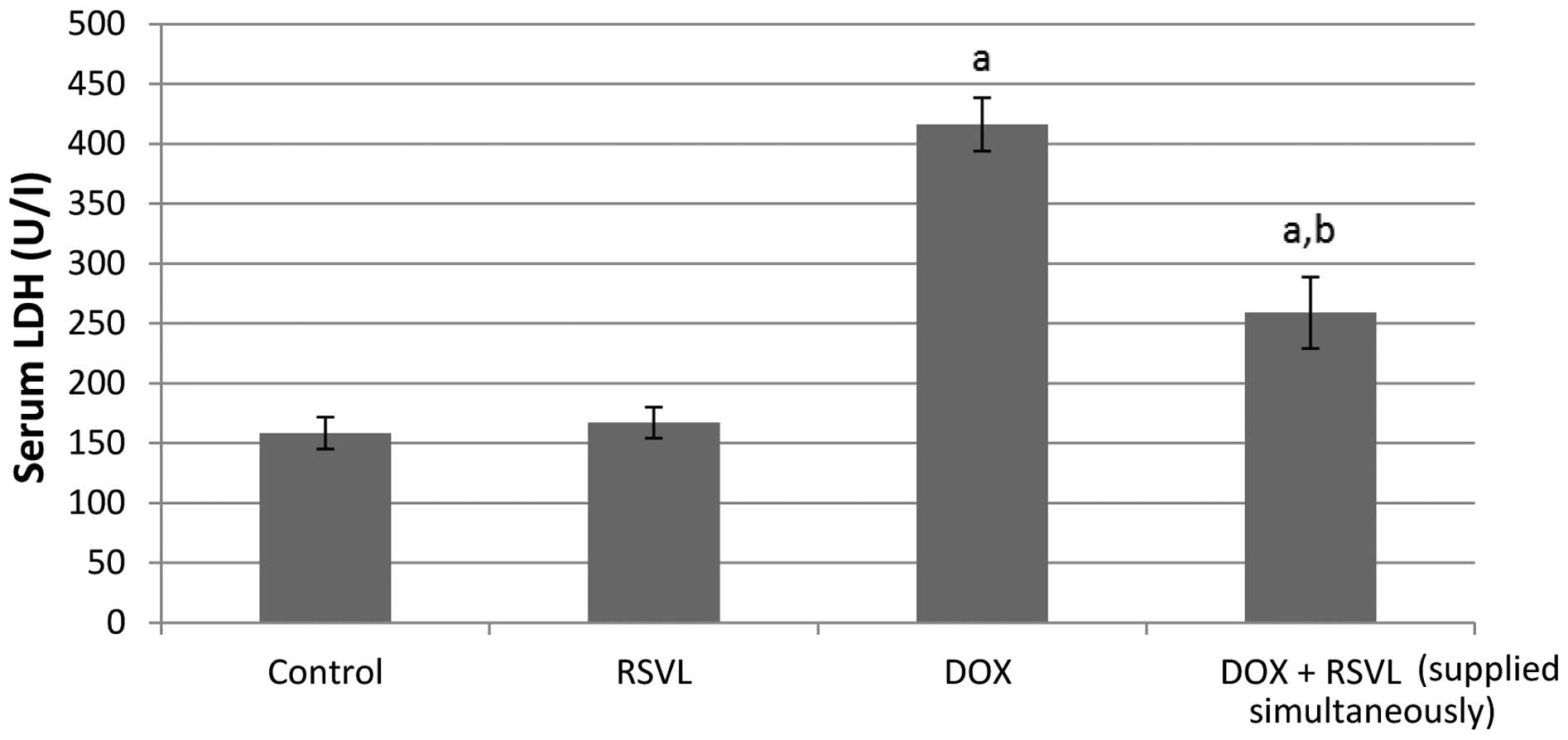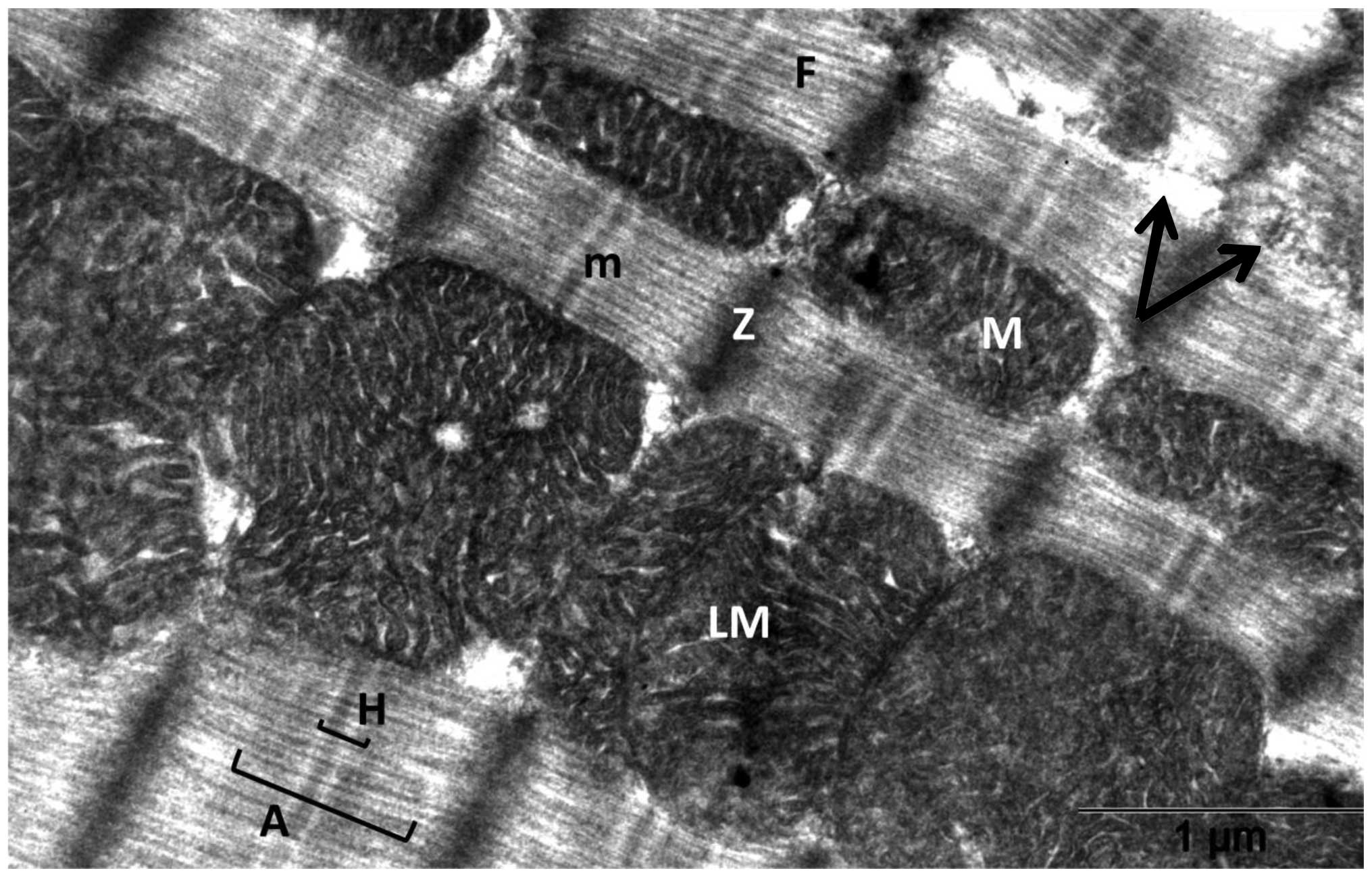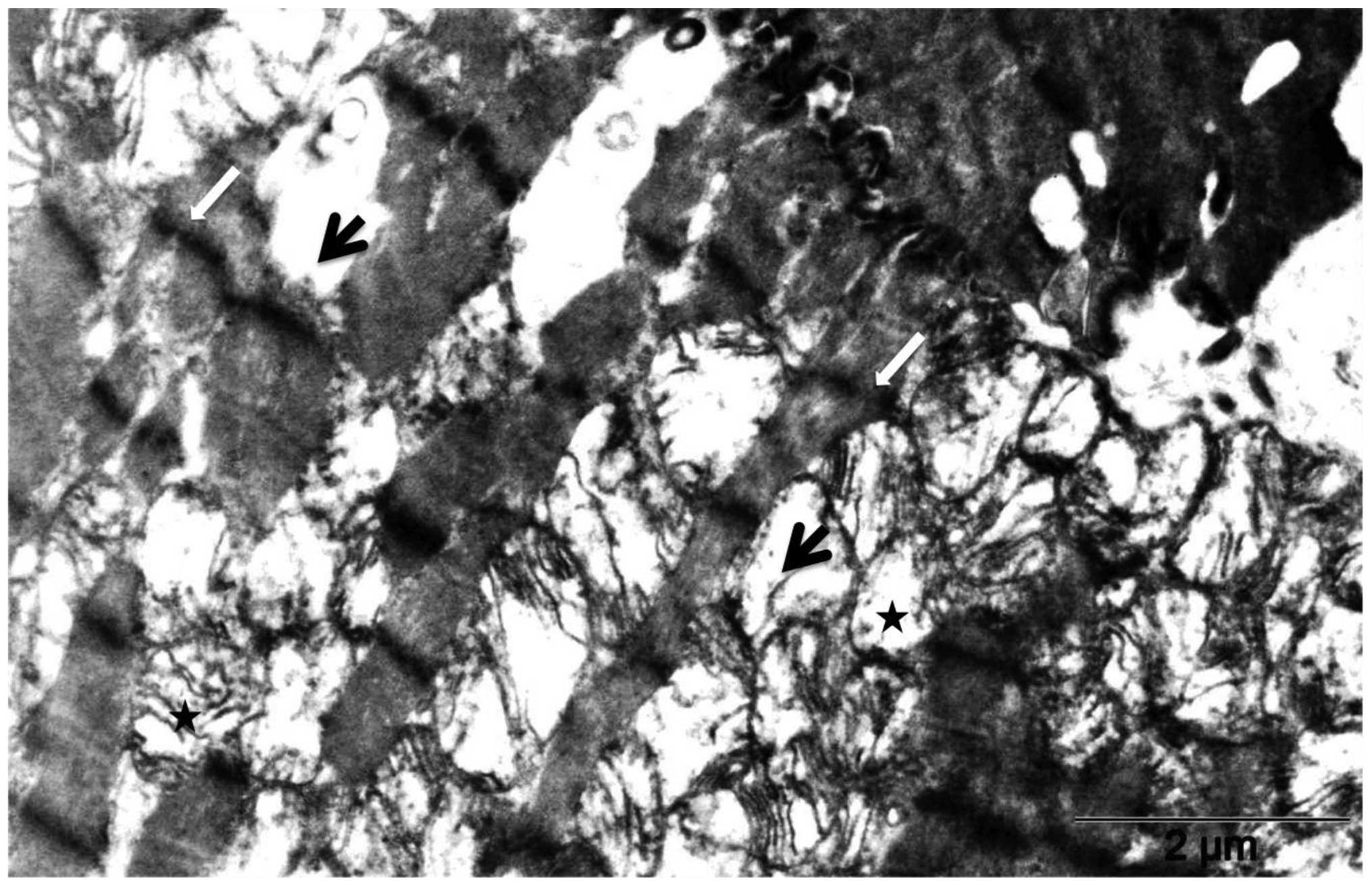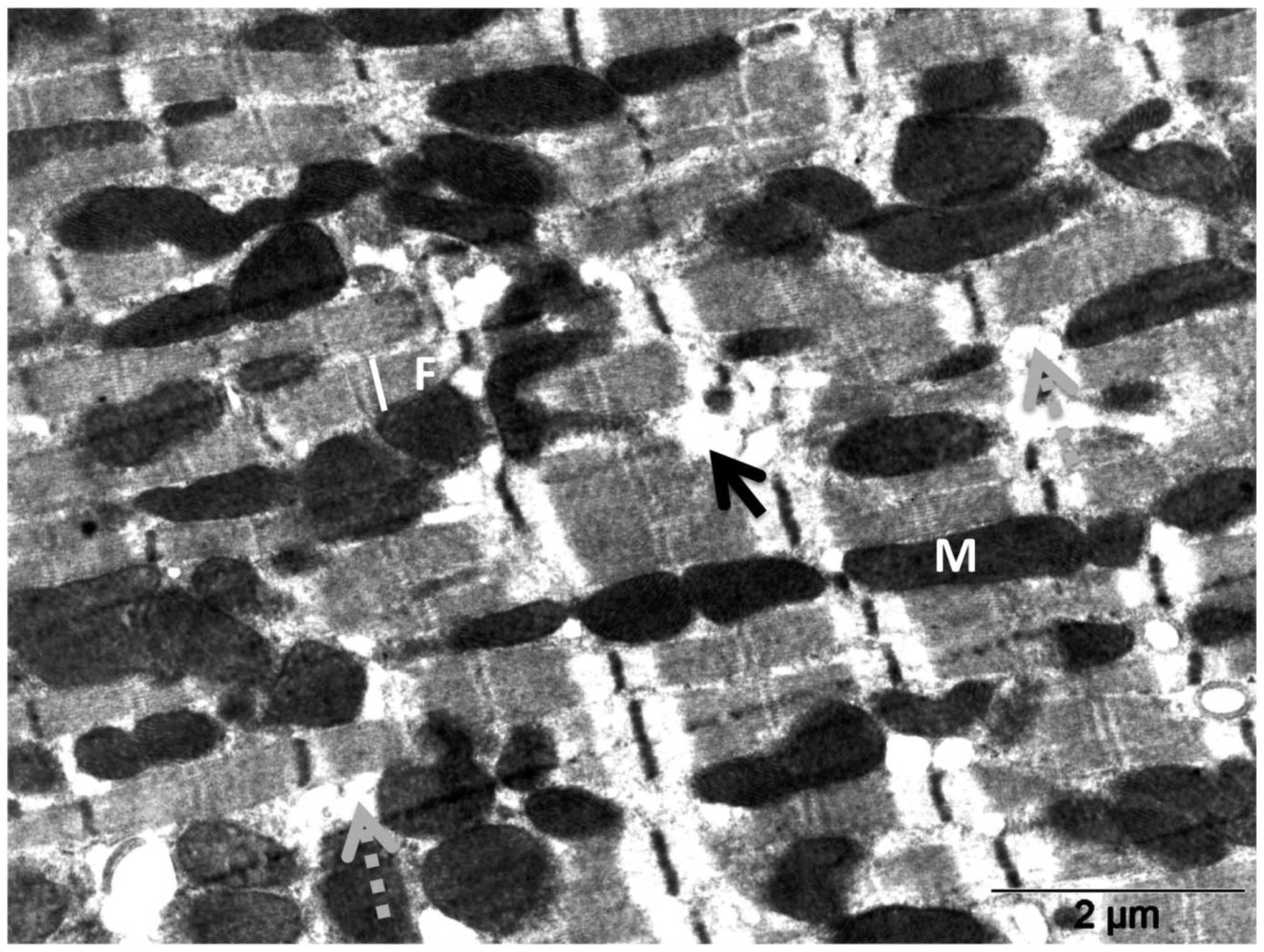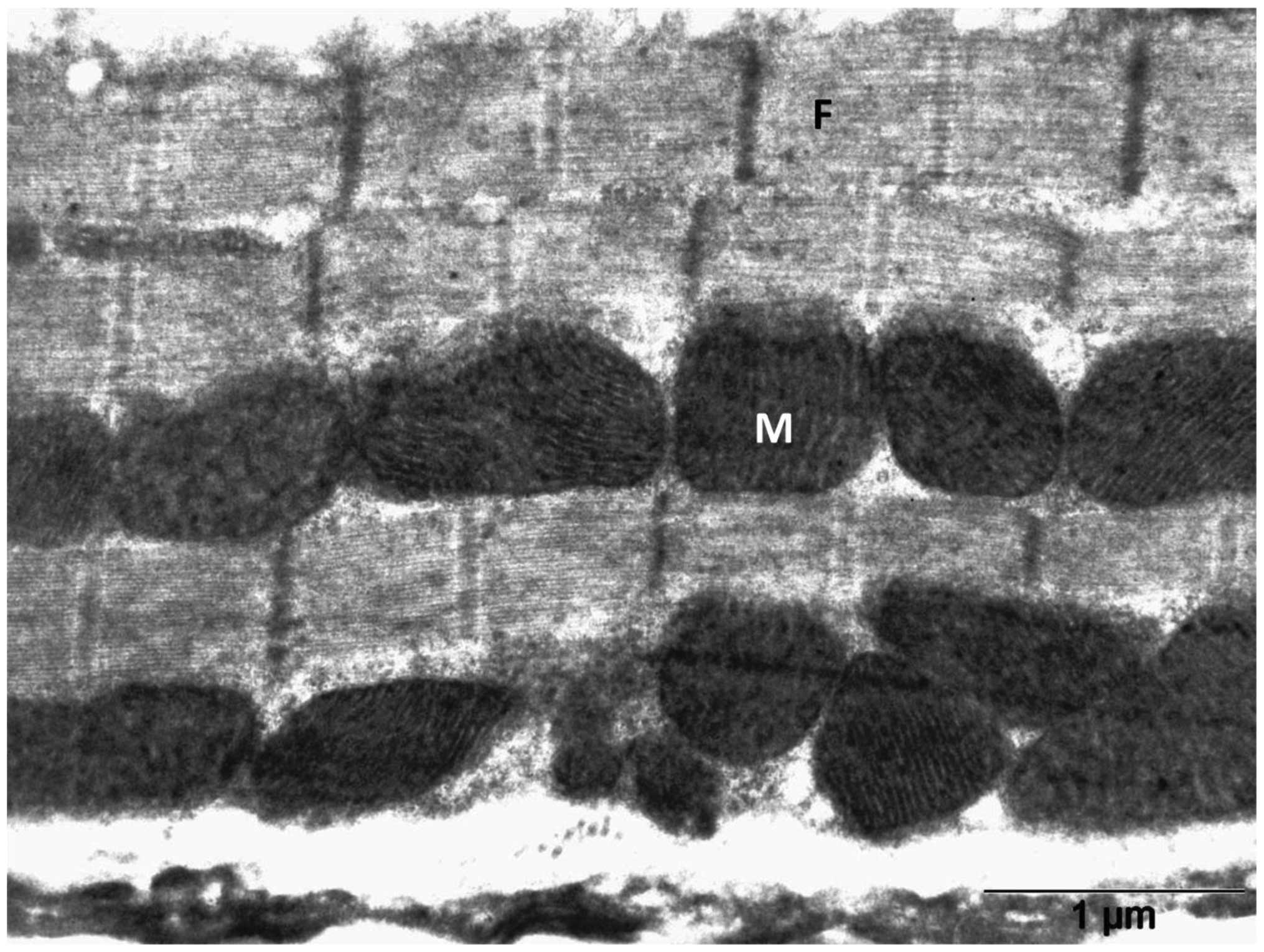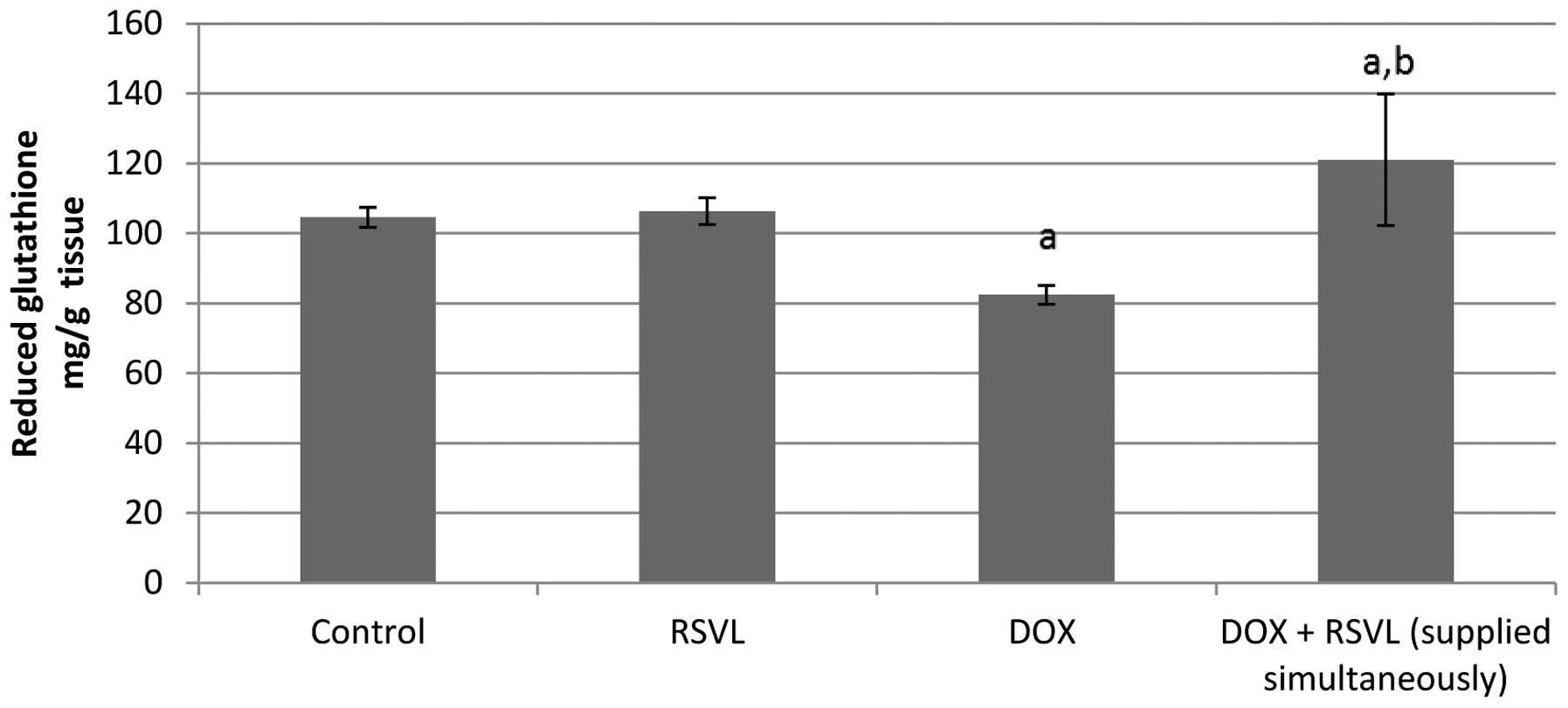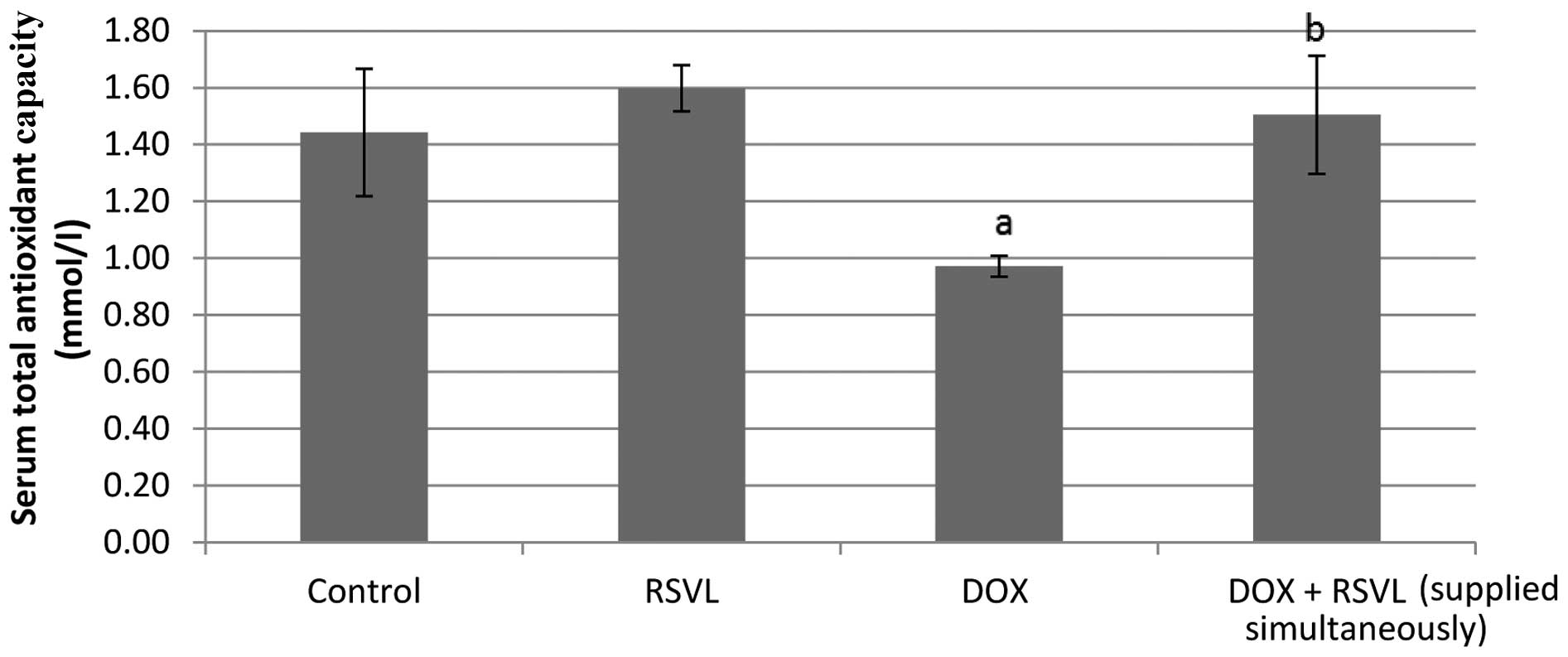|
1
|
Lefrak EA, Pitha J, Rosenheim S and
Gofottiebm JA: A clinicopathological analysis of adriamycin
cardiotoxicity. Cancer. 32:302–314. 1973. View Article : Google Scholar
|
|
2
|
Singal PK and Iliskovic N:
Doxorubicin-induced cardiomyopathy. N Engl J Med. 339:900–905.
1998. View Article : Google Scholar : PubMed/NCBI
|
|
3
|
Doroshow JH: Effect of anthracycline
antibiotics on oxygen radical formation in rat heart. Cancer Res.
43:460–472. 1983.PubMed/NCBI
|
|
4
|
Powis G: Free radical formation by
antitumor quinones. Free Radic Biol Med. 6:63–101. 1989. View Article : Google Scholar : PubMed/NCBI
|
|
5
|
Olson RD and Mushlin PS: Doxorubicin
cardiotoxicity: analysis of prevailing hypotheses. FASEB J.
4:3076–3086. 1990.PubMed/NCBI
|
|
6
|
Ogura R, Sugiyama M, Haramaki N and Hidaka
T: Electron spin resonance studies on the mechanism of
adriamycin-induced heart mitochondrial damages. Cancer Res.
51:3555–3558. 1991.PubMed/NCBI
|
|
7
|
Myers CE, McGuire WP, Liss RH, Ifrim I,
Grotzinger K and Young RC: Adriamycin: the role of lipid
peroxidation in cardiac toxicity and tumor response. Science.
197:165–167. 1977. View Article : Google Scholar : PubMed/NCBI
|
|
8
|
Mimnaugh EG, Trush MA, Bhatnagar M and
Gram TE: Enhancement of reactive oxygen-dependent mitochondrial
membrane lipid peroxidation by the anticancer drug adriamycin.
Biochem Pharmacol. 34:847–856. 1985. View Article : Google Scholar : PubMed/NCBI
|
|
9
|
Singal PK, Deally CM and Weinberg LE:
Subcellular effects of adriamycin in the heart: a concise review. J
Mol Cell Cardiol. 19:817–828. 1987. View Article : Google Scholar : PubMed/NCBI
|
|
10
|
Goswami SK and Das DK: Resveratrol and
chemoprevention. Cancer Lett. 284:1–6. 2009. View Article : Google Scholar : PubMed/NCBI
|
|
11
|
Alkreathy H, Damanhouri ZA, Ahmed N,
Slevin M, Ali SS and Osman AM: Aged garlic extract protects against
doxorubicin-induced cardiotoxicity in rats. Food Chem Toxicol.
48:951–956. 2010. View Article : Google Scholar : PubMed/NCBI
|
|
12
|
Miller NJ, Rice-Evans C, Davies MJ,
Gopinathan V and Milner A: A novel method for measuring antioxidant
capacity and its application to monitoring the antioxidant status
in premature neonates. Clin Sci (Lond). 84:407–412. 1993.PubMed/NCBI
|
|
13
|
Sugioka K and Nakano M: Mechanism of
phospholipid peroxidation induced by ferric
ion-ADP-adriamycin-co-ordination complex. Biochim Biophys Acta.
713:333–343. 1982. View Article : Google Scholar : PubMed/NCBI
|
|
14
|
Sparano JA: Use of dexrazoxane and other
strategies to prevent cardiomyopathy associated with
doxorubicin-taxane combinations. Semin Oncol. 25(Suppl 10): 66–71.
1998.PubMed/NCBI
|
|
15
|
Speyer JL, Green MD, Zeleniuch-Jacquotte
A, Wernz JC, Rey M, Sanger J, Kramer E, Ferrans V, Hochster H,
Meyers M, et al: ICRF-187 permits longer treatment with doxorubicin
in women with breast cancer. J Clin Oncol. 10:117–127.
1992.PubMed/NCBI
|
|
16
|
Li H, Xia N and Förstermann U:
Cardiovascular effects and molecular targets of resveratrol. Nitric
Oxide. 26:102–110. 2012. View Article : Google Scholar
|
|
17
|
Danz ED, Skramsted J, Henry N, Bennett JA
and Keller RS: Resveratrol prevents doxorubicin cardiotoxicity
through mitochondrial stabilization and the Sirt1 pathway. Free
Radic Biol Med. 46:1589–1597. 2009. View Article : Google Scholar
|
|
18
|
Tatlidede E, Sehirli O, Velioğlu-Oğünc A,
Cetinel S, Yeğen BC, Yarat A, Süleymanoğlu S and Sener G:
Resveratrol treatment protects against doxorubicin-induced
cardiotoxicity by alleviating oxidative damage. Free Radic Res.
43:195–205. 2009. View Article : Google Scholar : PubMed/NCBI
|
|
19
|
Preus M, Bhargava AS, Khater AE and Günzel
P: Diagnostic value of serum creatine kinase and lactate
dehydrogenase isoenzyme determinations for monitoring early cardiac
damage in rats. Toxicol Lett. 42:225–233. 1988. View Article : Google Scholar
|
|
20
|
Osman AM, Al-Shabanah OA and Al-Harbi MM:
Effect of desferrioxamine on doxorubicin-induced cardiotoxicity and
haematotoxicity in mice. Med Sci Res. 21:193–194. 1993.
|
|
21
|
Hemnani T and Parihar MS: Reactive oxygen
species and oxidative DNA damage. Indian J Physiol Pharmacol.
42:440–452. 1998.PubMed/NCBI
|
|
22
|
Van Vleet JF, Ferrans VJ and Weirich WE:
Cardiac disease induced by chronic adriamycin administration in
dogs and an evaluation of vitamin E and selenium as
cardioprotectants. Am J Pathol. 99:13–42. 1980.PubMed/NCBI
|
|
23
|
Nagi MN and Mansour MA: Protective effect
of thymoquinone against doxorubicin-induced cardiotoxicity in rats:
a possible mechanism of protection. Pharmacol Res. 41:283–289.
2000. View Article : Google Scholar : PubMed/NCBI
|
|
24
|
Al-Majed AA, Gado AM, Al-Shabanah OA and
Mansour MA: Alpha-lipoic acid ameliorates myocardial toxicity
induced by doxorubicin. Pharmacol Res. 46:499–503. 2002. View Article : Google Scholar : PubMed/NCBI
|
|
25
|
Osman AM, Al-Harthi SE, Alarabi OM, Elshal
MF, Ramadan WS, Alaama MN, Al-Kreathy HM, Damanhouri ZA and Osman
OH: Chemosensetizing and cardioprotective effects of resveratrol in
doxorubicin-treated animals. Cancer Cell Int. 13:522013. View Article : Google Scholar : PubMed/NCBI
|
|
26
|
Singal PK and Pierce GN: Adriamycin
stimulates low-affinity Ca2+ binding and lipid
peroxidation but depresses myocardial function. Am J Physiol.
250:H419–H425. 1986.PubMed/NCBI
|
|
27
|
Gianni L, Herman EH, Lipshultz SE, Minotti
G, Sarvazyan N and Sawyer DB: Anthracycline cardiotoxicity: from
bench to bedside. J Clin Oncol. 26:3777–3784. 2008. View Article : Google Scholar : PubMed/NCBI
|















